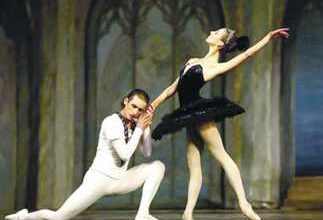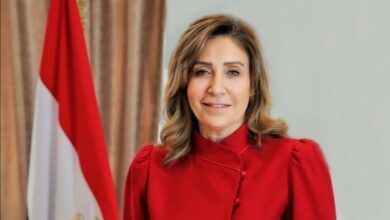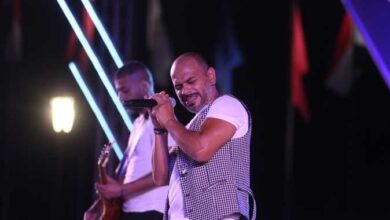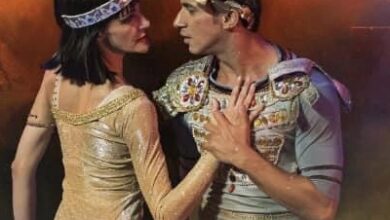Taking revolution as its main theme, the CAM Film Festival for short films opened its first session yesterday at the Cairo Opera House with a ceremony led by Minister of Culture Dr. Emad Abu Ghazy.
Including both professional and amateur work, the CAM Festival attempts to represent the Egyptian revolution in a number of short narrations and reflections that might all help to paint a closer and more comprehensive picture of that historical event.
“It is not necessary for the film to be professional. We only need a film with a vision and a context,” Alaa Noseir, the executive director of the festival, told Al-Masry Al-Youm.
“The revolution really inspired Egyptians and showed them abilities and talents they’d never thought of before,” added Ayman Abdel Moniem, head of the lectures committee at the Arabic Egyptian Organization for Culture, Media and Arts, which organizes the festival under the patronage of the Ministry of Culture.
Most Egyptians are unfamiliar with the short film. Abdelmoniem explained that short films in Egypt usually do not cost that much to make, and in most cases are funded by their directors and writers. However, some of them are sponsored by the Ministry of Culture or foreign culture centers.
In the opening speech, Alaa Nasr, the festival director, hailed the efforts of the Ministry of Culture and his team. He said that everyone should do their best to serve Egypt, and that the festival is a sincere attempt to do just that. He also apologized for any flaws that might appear in the festival in the early days of its development.
“Departure Friday” was screened during the opening ceremony. The film was directed by Mona Eraky and produced by the private Al-Hayat TV channel. The movie, which begins with Mubarak talking about stability and promising to step down in September, examines two extreme perspectives on events, as shown by Egyptian media at the time of the revolution.
One the one hand are various activities led by Egyptian state media, such as raising the specter of foreign conspiracy, staging interviews with actors, and starting the rumor that protesters were dining on Kentucky Fried Chicken. Meanwhile, the camera shows Tahrir Square, then populated by religious leaders, intellectuals, youth and women. The film captures strangers sharing dates and bread.
The film shows the paradox in Egyptian media coverage, a large component of the collective experience, and maintains a consistent and a clear theme throughout.
The festival also includes movies from different Egyptian governorates, showing how one event might be represented differently outside of Cairo. “Not Peaceful” features four generations and their different reactions to the revolution. “I didn’t mean the revolution was not peaceful, I meant the youth were treated in a very brutal way,” director Hind Abdel-Sattar told Al-Masry Al-Youm.
Another movie, “Hazr Tagawol” (Curfew) discusses a detail that might be overlooked during most discussions of the revolution. The movie features a wealthy man visiting a criminal he used to hire for illegal work. Their conversation drops many hints about Egypt before and after 25 January. The criminal now wants to be a good citizen; he now feels that Egypt is his country and that he doesn’t want to corrupt it. More importantly, he won’t permit anyone else to do so.
The wealthy man, who comes from the toppled regime, wants the criminal to burn down a building, offering him 50,000LE, but the criminal refuses, recording and publishing their conversation instead. Director Ahmed Al-Tanbouly touches upon a very sensitive issue — even thieves and drug addicts won’t participate in burning their country or giving it back to the corrupt regime.
Another movie produced two months before the revolution, “Nepotism Card”, further discusses corruption under Mubarak. “I dare say nepotism was one of the important and direct causes of the revolution,” said the film's director, Adel Ammar.
“How Much Does Breathing Freedom Cost?" was directed and edited by American-French director Raphael Ayash, the only non-Egyptian in the festival. The movie also shows Tahrir Square, with Mohammed al-Zanaty’s poetry in the background, describing how much Egyptians sacrificed, writing a better future with their blood.
The festival will choose three winners out of the 31 movies presented and screened. The judging panel includes director Marian Khoury, director Yousry Nasrallah, and actor Amr Waked. The festival will honor the families of the revolution’s martyrs during its closing session on 27 April.




